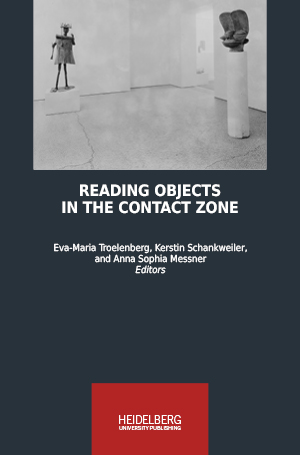How to Cite
License (Chapter)

This work is licensed under a Creative Commons Attribution-ShareAlike 4.0 International License.
Identifiers (Book)
Published
Double Trophy
"Gou" by Akati Ekplékendo
Abstract The unique life-size figure, discussed in this chapter, represents the Vodun divinity Gou, the god of iron, smithing, and war of the Fon people. It was attributed to Akati Ekplékendo, an artist from Doumé (today in the Republic of Benin) who was enslaved and brought to the royal court of Dahomey around 1860. In 1894 it was stolen and brought to France. Today it is exhibited in the Louvre in Paris. The Gou figure will be considered as an example of a transcultural art history on three levels: 1. The materiality that was used to create it; 2. Its context of production and usage; 3. Its canonization in museums in France.
Keywords Akati Ekplékendo, Gou, 19th Century African Art, Dahomey, Royal Arts, Transcultural Art History, Récupération






